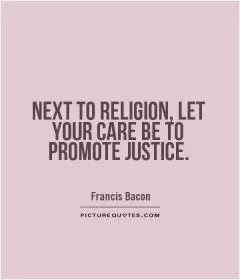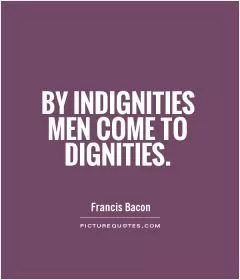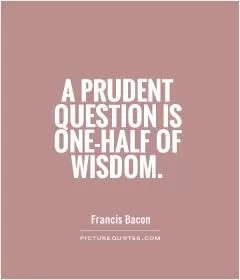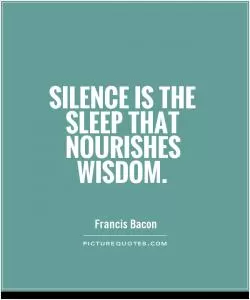The worst men often give the best advice

The worst men often give the best advice
Francis Bacon, a renowned English philosopher, statesman, and essayist, once famously said, "The worst men often give the best advice." This statement may seem paradoxical at first glance, as one would typically expect virtuous individuals to offer the most sound guidance. However, upon closer examination, Bacon's words reveal a deeper truth about human nature and the complexities of life.In the context of Bacon's philosophy, the idea that "the worst men often give the best advice" can be interpreted in several ways. One interpretation is that individuals who have experienced hardship, failure, or moral shortcomings may possess a unique perspective that allows them to offer valuable insights to others. These individuals may have learned important lessons from their mistakes and can share their wisdom to prevent others from making similar errors.
Furthermore, those who have faced adversity may have developed a sense of empathy and understanding that enables them to connect with others on a deeper level. Their personal struggles may have given them a heightened sense of compassion and a desire to help others navigate life's challenges.
Additionally, Bacon's statement may also suggest that individuals who have made poor choices in the past have a keen awareness of the consequences of their actions. They may be able to offer practical advice based on their own experiences, helping others avoid making the same mistakes.
It is important to note that Bacon's words do not condone or excuse immoral behavior. Rather, they highlight the idea that wisdom and insight can come from unexpected sources. Just because someone may have a checkered past does not mean that they are incapable of offering valuable guidance.












 Friendship Quotes
Friendship Quotes Love Quotes
Love Quotes Life Quotes
Life Quotes Funny Quotes
Funny Quotes Motivational Quotes
Motivational Quotes Inspirational Quotes
Inspirational Quotes